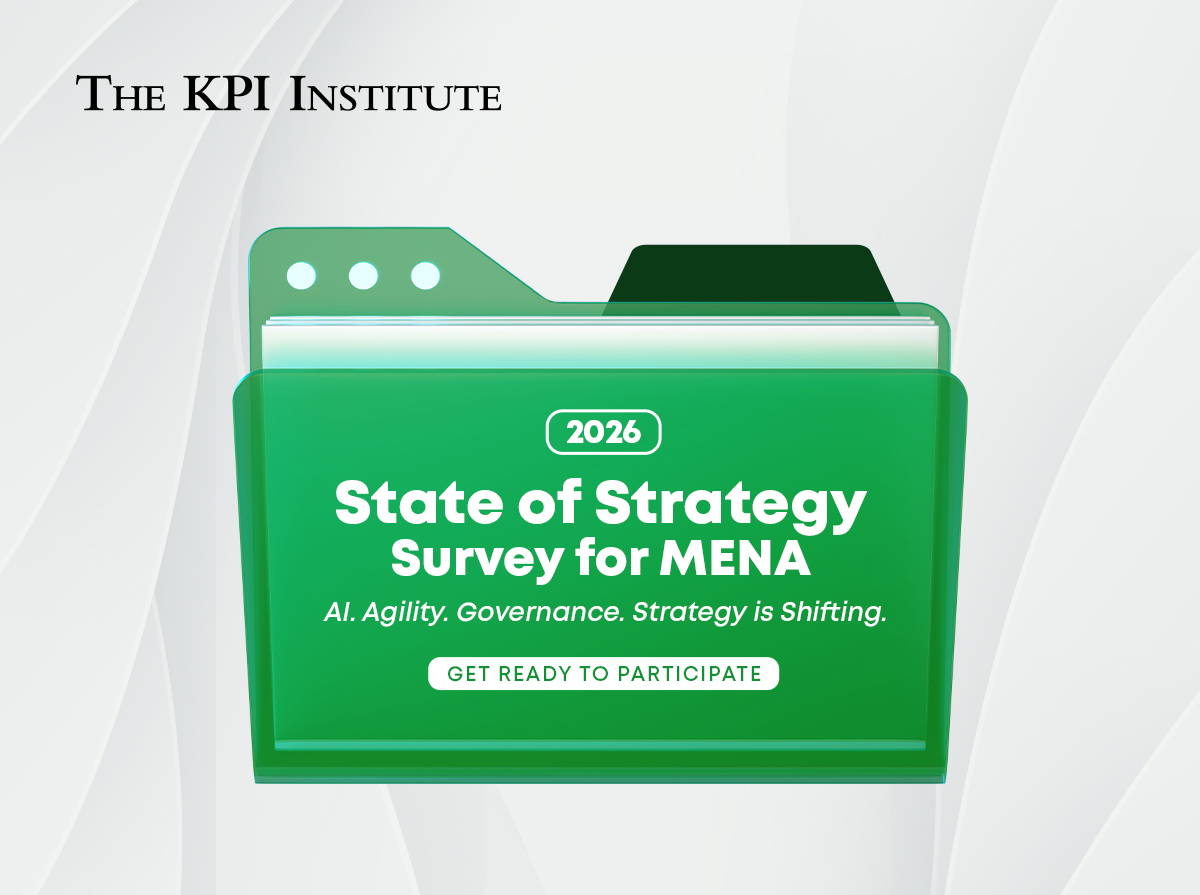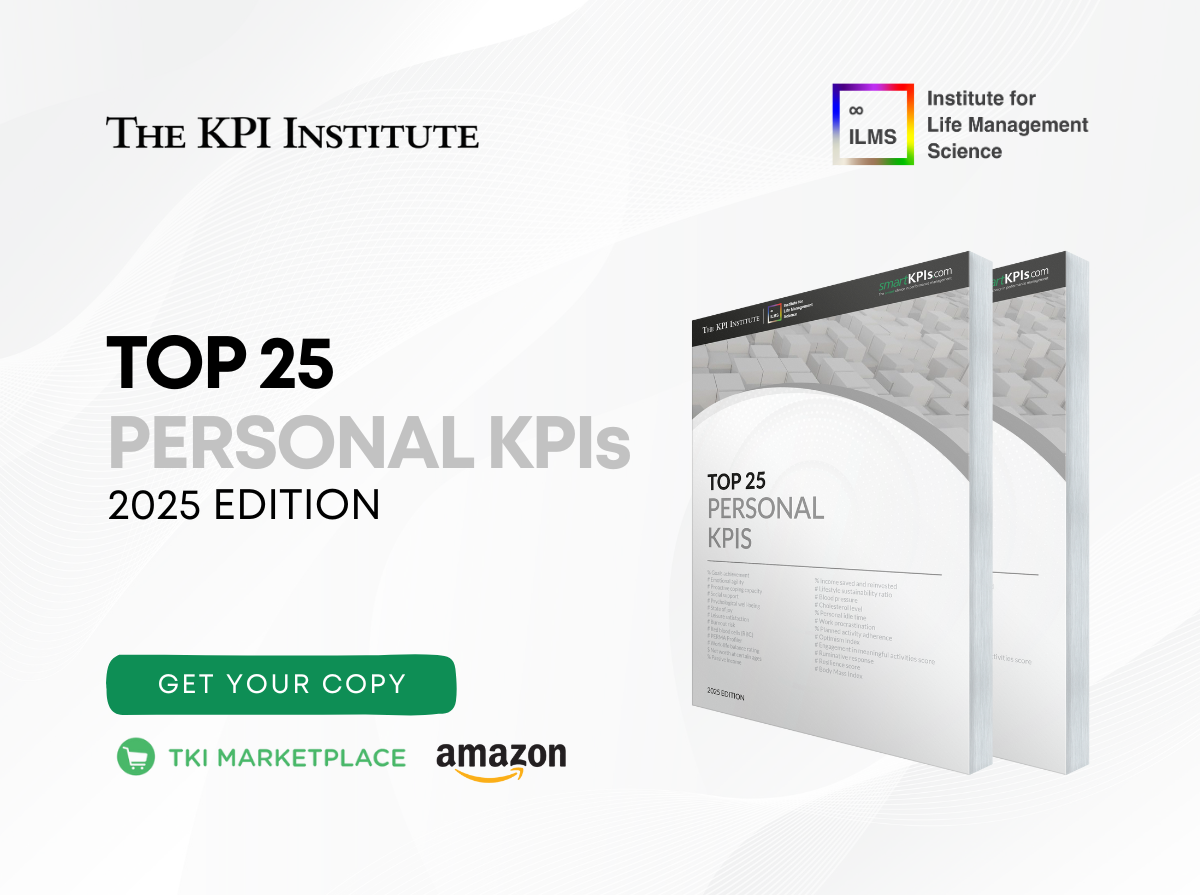Certified KPI Professional and Practitioner Course in Kuala Lumpur
Facilitated by Andrea Minelli, Management Consultant of The KPI Institute this course was held in Kuala Lumpur, Malaysia, between the 25th of February and 1st of March 2019 and is part of a series of certification courses dedicated to rigorous usage of KPIs in practice.

In the first day, the course agenda covered the following subjects:
- The world of KPIs;
- Understanding KPIs;
- KPI typology;
- KPI taxonomy.
The second day sessions covered the following discussion topics:
- KPI Selection;
- KPI Alignment;
- KPI Documentation;
- Working with targets.
In the third day of the course the next themes were approached:
- Data gathering;
- Data visualization;
- Review and certification exam.
In the fourth day of the training course, the discussions were over the following subjects:
- KPI project coordination;
- KPI selection at Organizational Level.
The fifth day concluded with the topics:
- KPI Measurement;
- KPI selection at Operational Level;
- Review and Assessment Quiz.
In order to enable both the theoretical understanding and practical experience of using a variety performance management tools and techniques for deploying KPIs correctly across different industries and functional areas, some of the methods used throughout the course were:
- Group discussions, exercises, simulations and case studies;
- Explanation of the theory regarding performance measurement;
- Presentation of the performance management templates as tools to support the integration of performance management practices in organizations;
- Customized feedback regarding the present use and the future plans for implementing performance management systems;
- Active involvement of all the participants in a collaborative learning environment where opinions and experiences are shared.
The course was attended by professionals from Saudi Arabia, Pakistan, Myanmar, Malaysia, Vietnam and Indonesia having different backgrounds and areas of expertise in their working fields like Manufacturing, Logistics, Professional Services and Government.
Before beginning the course, sharing challenges of previous experience in working with KPIs was encouraged and some of them were:
- Change Management
- Competencies
- Attitudes towards PMS
- Performance Culture
- Data Collection
- Relevancy of KPIs
- Awareness of KPIs
- Target settings
- Operational KPIs
- Standardization
Participants were invited to express some learning needs and they communicated the following expectations from the course:
- Structure of a PMS system
- SMART KPIs
- Relevance of KPIs
- Standardization of KPIs
- Building blocks of KPIs
- Target achievement
- Balanced Scorecard with KPIs
- Evidence of Performance
- Measurement challenges
- Acceptance / Buy-in from the PMS
- Data collection
In addition to the training sessions, the learning experience is comprised of a pre-course stage, a core course stage and an after-course stage. Upon participating at the face to face training course and completing all the activities on our eLearning platform participants will receive the following:
- Certificate of Completion (soft copy): after completing the pre-course activities and passing the Certification Exam;
- Certificate of Attendance KPI Professional (hard copy): after participating at the 3 days of on-site Certified KPI Professional training course;
- Certificate of Attendance KPI Practitioner (hard copy): after participating at the 2 days of on-site Certified KPI Practitioner training course;
- Certified KPI Professional diploma (hard copy): after you have successfully completed all the pre-course, core-course activities and items 11-16 of the after-course stage in the learning experience;
- Certified KPI Practitioner diploma (hard copy): after submitting your KPI Practitioner Portfolio, obtaining minimum 360 points out of 450 points after the portfolio’s evaluation and completed items 17-19 of the after-course learning experience.
In addition to the training sessions, on the last day of the course, participants completed a certification exam for obtaining the Certificate of Completion. The certification recognizes the professionals’ ability to deploy and use KPIs in accordance with The KPI Institute’s Key Performance Indicators Management Framework, the main body of knowledge on the rigorous use of KPIs in business.
The second course was the Certified KPI Practitioner which focused on practical exercises, accounted for 90 percent of the course’s time, the remaining time being dedicated to review relevant theoretical concepts. Independent from the course, participants can in the future to opt to obtain their KPI Practitioner Certification by following the steps highlighted on The KPI Institute’s website.
To find out more details, please visit the KPI Professional and Practitioner certification page
If the opportunity of customized KPI training courses is of interest to you, email us at office@kpiinstitute.org and you will receive a tailored offer.
For more information, contact one of our representatives:
Sasikala Annamalai







